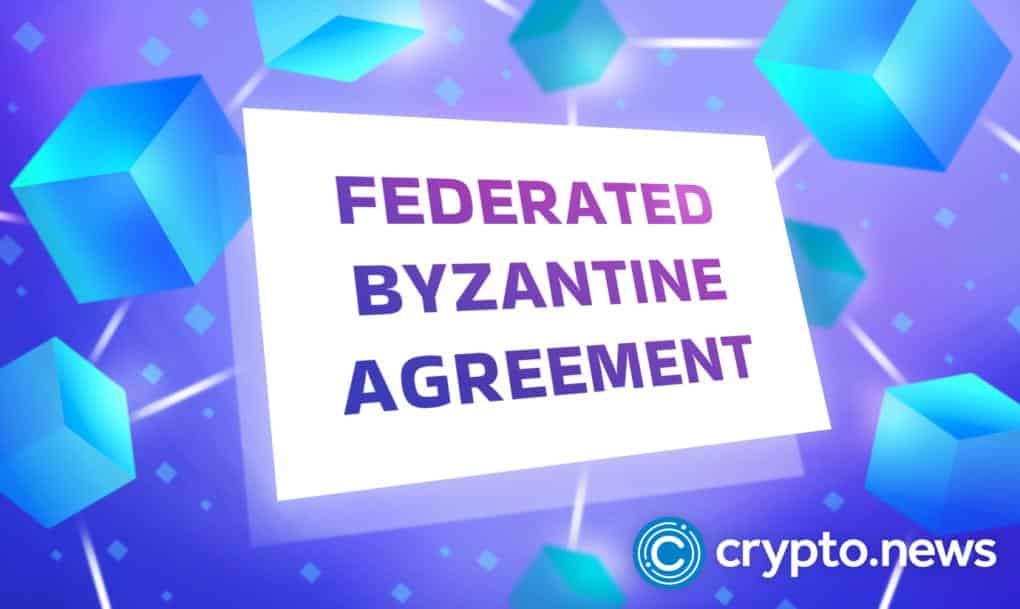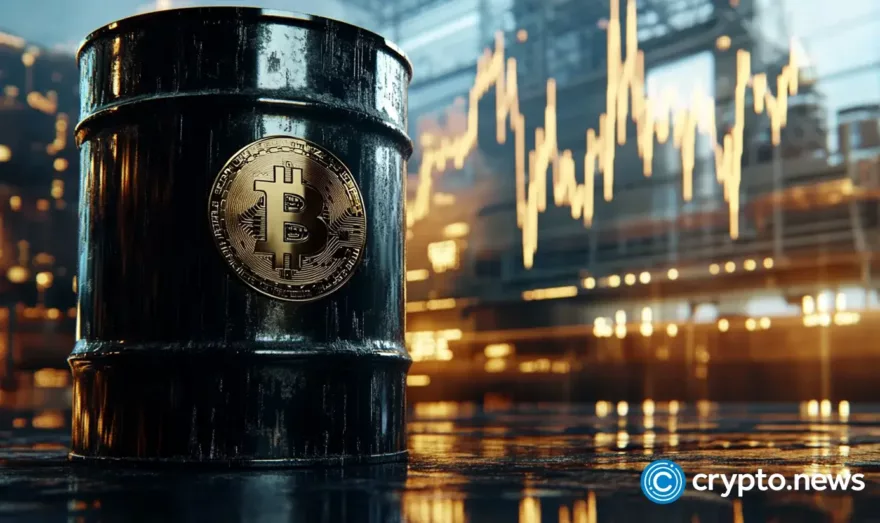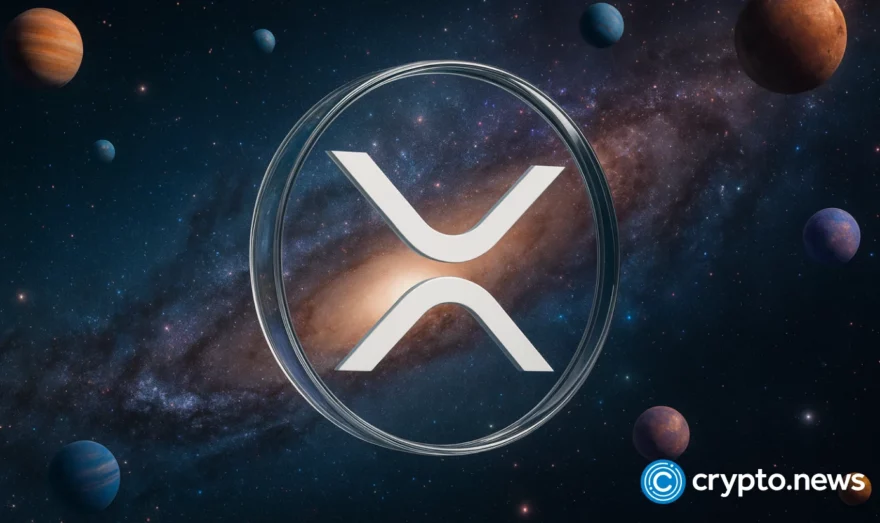What Is Federated Byzantine Agreement (FBA)

In blockchain tech, Byzantine agreements are a type of consensus system used mainly in blockchain networks where all nodes must agree to reach a consensus. While it may be considered involving, Byzantine agreements are high time and resource consumers.
Federated Byzantine Agreements, How It Works
Imagine informing every head of state in the world that you are extending your house. You waste too much of your time and resources. The whole concept behind Byzantine agreements; everyone must give consensus for transaction validation.
But, with time, blockchain Byzantine agreements evolved into something better, Federated Byzantine Agreements (FBA). This guide explores the concept of FBA, where it’s used, and its relevance.
Federated Byzantine Agreement is a significant improvement, a decentralized version of the Byzantine agreement. In this new FBA system, each node must select a small group to trust and even join their decision-making group. You dont need to involve every node in the network, but just a small number of trusted nodes. You don’t have to trust every node. When you want to extend your house, you only need to inform the neighbors, and later right office.
The trusted groups in this FBA system are called Quorum slices. In the planting trees illustration, the quorum slice is the people around you, the neighbors. A quorum is several nodes needed to reach a consensus within the system. On the other hand, a quorum slice is a small partition or shard of a quorum capable of convincing other nodes to agree.
Nodes are allowed to have different extrinsic criteria and trust different quorum slices. One node can be linked to multiple quorum slices, including extrinsic criteria. A node X can only reach a consensus if 3 of the five slices(banks A, B, C, D, E) come into an agreement. For instance, a node for agricultural financing(node X) may trust slices for a banking node(A), a credit agency(B), and one associated with agricultural machinery(C). Once the three nodes agree, the node is validated.
Since each quorum slice consists of a set of nodes, there must be interoperation for the network to be in sync. The quorum slices in FBA are overlapping, hence communicating information about the transactions within the network. The overlapping quorum slices must all reach a consensus too amongst themselves. Only when all quorums reach an agreement will the actual decision be fully validated. Quorums must intersect, meaning they must share nodes.
Which Blockchains Use FBA?
Multiple blockchain networks have already adopted FBA within the crypto ecosystem. The two most notable blockchains using FBA include;
- Ripple Network. Ripple, a blockchain network with a native coin XRP is one of the top chains using FBA. The blockchain can achieve a TPS of 1500, with transaction costs standing at $0.0002. Its transactions are validated through the FBA, with over 150 validators involved.
- Stellar Network. Stellar also use FBA to validate transactions, with an immense TPS of about 3k. Reports indicate that this network only takes 3 to 5 seconds, with the costs as low as 0.00001 XLM. Stellar is applicable for cross-border transfer, and the FBA system helps offer speed.
Why FBA Is a Good System for Blockchains
After exploring the whole idea of FBA, it’s vital to know what benefits it carries for the network and general users. Here are just but a few benefits;
Decentralization
FBA brings total decentralization of the Byzantine agreement. The control of agreements is decentralized to individuals and quorum slices. The membership is open since everyone can run a node. As a node runner, you can choose who you trust as your information source.
No Gatekeepers, Low Entry Barriers
It’s good to remember that there are no gatekeepers or central authorities in charge of this system. Since the network does not have any gatekeepers, the entry barriers are generally reduced.
Intercommunication and Automation
Nodes in the network have multiple slices as FBA aims to achieve complete chain interoperation and communication. In fact, as a node runner, you can program the node to trust an external data source or quorum slice with time.
Almost Zero Downtimes
By allowing nodes to merge with different slices, the network almost guarantees zero downtimes. The network will remain functional and intact even if the node goes down.
Uses External Criteria
The most exciting thing about this new consensus system is that the validation also depends on external criteria. Each node can use external standards. Take, for instance, an automobile finance company node that can trust a banking node, a credit agency node, and a department of motor vehicles. Once the three trusted nodes are in consensus, the transaction is valid.
Efficiency for Users
When used in a blockchain situation, FBA offers high efficiency within the network. FBA consensus helps improve the system with high throughput translating into high network scalability. The throughput and scalability help in offering lower transaction charges within the blockchain.
Final Word
This guide has been looking into the entire concept of Byzantine agreements, especially the latest version, FBAs. FBAs, when used in a blockchain system, help offer faster and more affordable transaction options. Moreover, FBAs introduce more blockchain decentralization with zero entry barriers. The only downside associated with FBA is that trust is critical between nodes.













